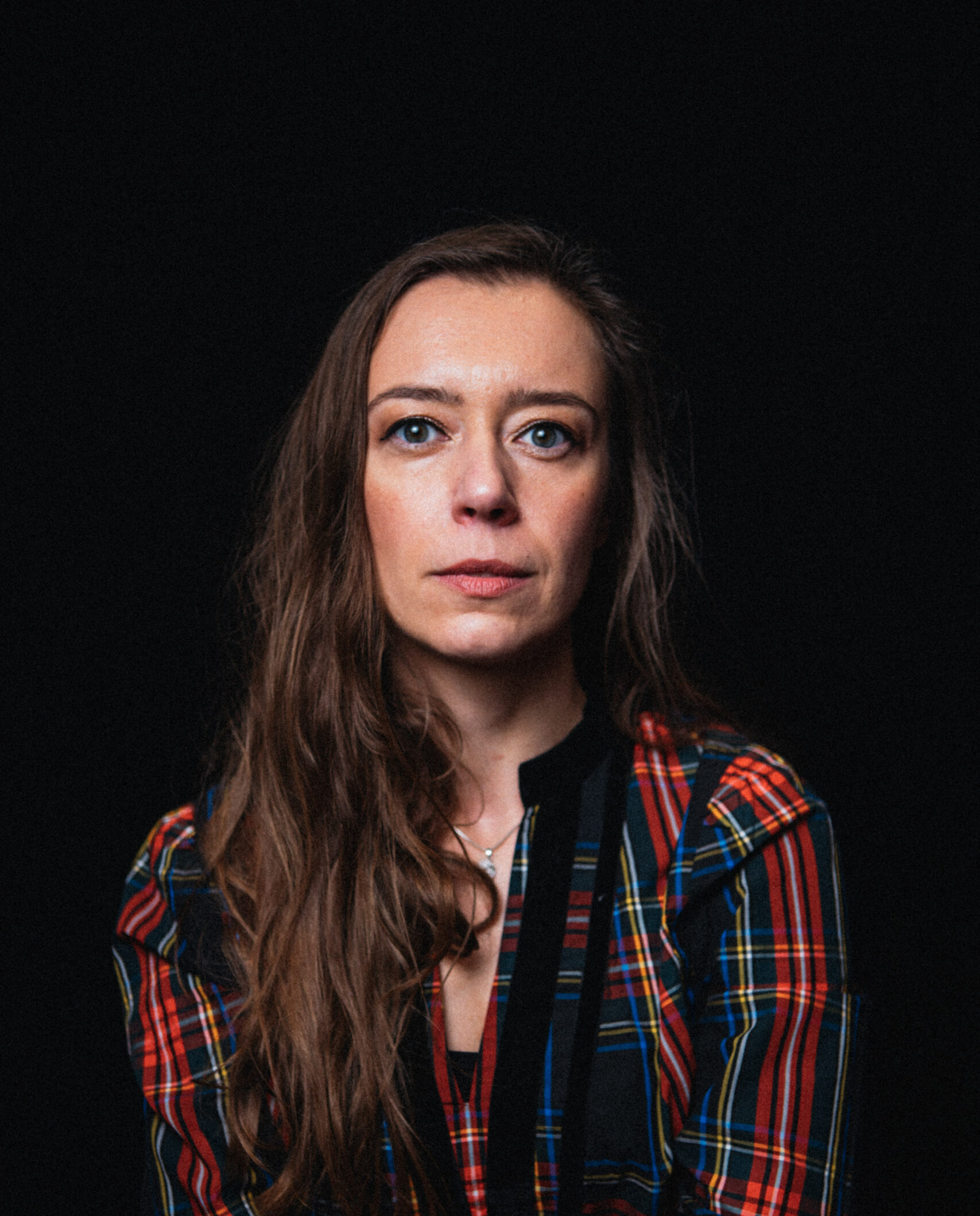By YULIYA MUSAKOVSKA
Translated from the Ukrainian by OLENA JENNINGS and YULIYA MUSAKOVSKA
If their history together hadn’t begun this way,
they both would have been left alone, each with their war.
August—hellish, the bathhouse filled with bodies.
She squeezes the familiar palm and comes to life again.
Everything that has happened and didn’t happen to them,
is established, set in stone, unforgettable,
a pattern that appears on skin, in dreams,
mixed with reality, it interferes with being your true self
in the here and now, with taking a full breath of air.
The leaves have begun to yellow. He jokes awkwardly:
we won’t have the chance to drink in this poison—
the scents of summer markets, exploits made in the sun,
the touch of shoulders and knees, bare and tanned,
the light that in a thin white beam, breaks through pain
the feeling that this is the only moment that you’ll have
to finish a sentence, to embrace more tightly.
A black shadow separates and lies on the roadside.
The suppressed cries will become crows,
that crumble in the sky.
If you decide to tell me what is going on,
I’ll listen—so I beg you, explain.
Yuliya Musakovska was born in 1982 in Lviv, Ukraine. She is an award-winning poet and translator. She has published five poetry collections in Ukrainian, most recently The God of Freedom. Her poems have been translated into over twenty-five languages and appeared in AGNI, Springhouse, Tupelo Quarterly, and other journals.
Olena Jennings is the author of the poetry collection The Age of Secrets and the chapbook Memory Project. Her novel Temporary Shelter was released in 2021. Her translation of Vasyl Makhno’s collection Paper Bridge from Ukrainian was released in October 2022, and she has translated Kateryna Kalytko’s collection Nobody Knows Us Here and We Don’t Know Anyone with Oksana Lutsyshyna. Her textile art has been shown at Bliss on Bliss Art Projects and the NYC Poetry Festival. She is the founder and curator of the Poets of Queens reading series and press.




